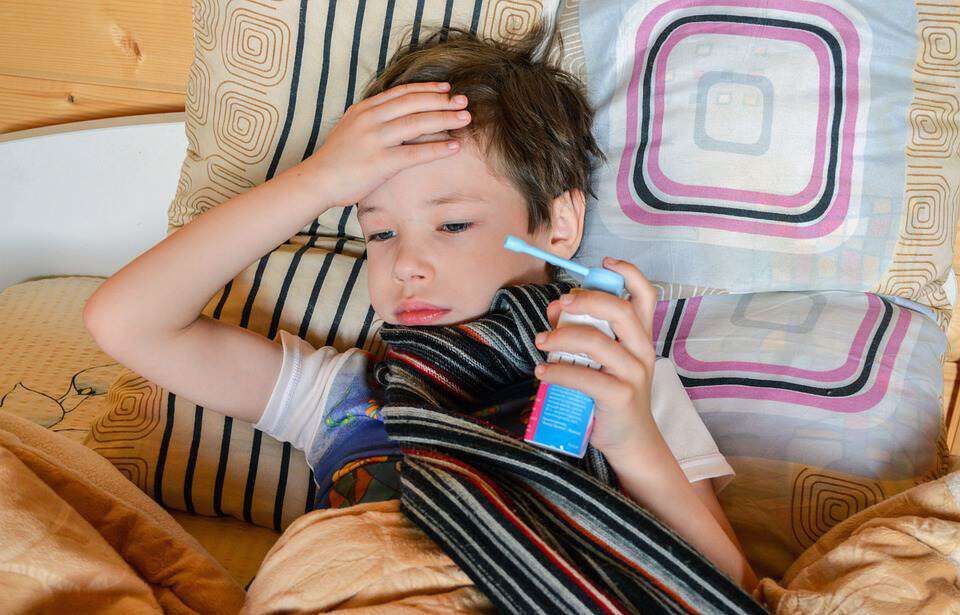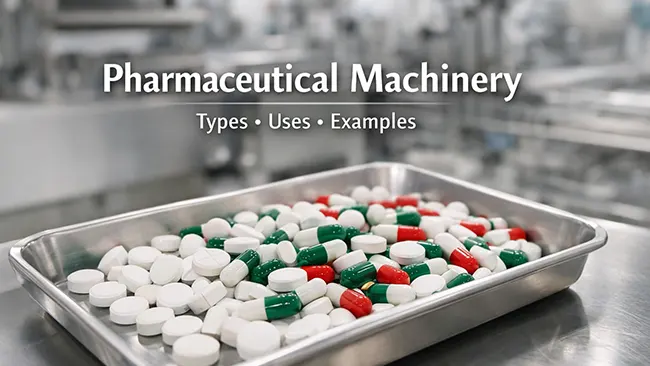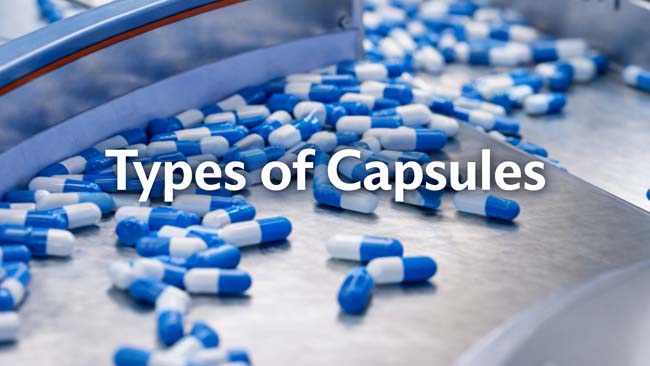
Πηγή: Pixabay.com
Bringing a small child up is a huge achievement, because it takes a lot of hard work. For example, even adults sometimes get sick, not to mention babies who have a weak immune system. So if that time comes, what can we do to let our child take their first dose of medicine? There is a lot to be said for this. Let’s take a look at some of these tips and tricks in advance together.

Πηγή: Pixabay.com
Precautions
Infants and young children are a special group of people, they have a weak immune system and are susceptible to infections caused by pathogenic microorganisms. So parents must be aware of the correct way to administer medication during treatment. And what are the precautions for infant medication? There are five points.
1. Do Not Use Medication at Will
If the baby is sick, parents must not give the child random drugs, especially antipyretic and analgesic drugs and antibiotics, can not be used at will. You must use the correct medication under the guidance of doctor, also you should not overdose on fever-reducing medication.
2. Do Not Increase the Dose at Will
The dosage of many medicines is calculated according to the child’s age and weight, so parents should not increase the dosage at will just cause you want your child to rejuvenate quickly, as this may aggravate the condition.
3. Reduce the Variety of Medication
When giving medication to your child, try to reduce the number of medications they take, and do not take two or several medications when you can use one. If you need to take several medications at the same time, stagger them as much as possible to prevent side effects or reduce the effectiveness of the medication.
4. Choose Your Medication Carefully
It is best to consult a doctor in advance and take the correct medication under his or her guidance. And when dispensing medicines for babies, doctors will also give you some good advice. The medicines they dispense are almost crushed by a πρέσα δισκίων, the medicine packaging machine goes to its packaging, and in some cases, δευτερογενής συσκευασία φαρμάκων is done on request to make patient easier to take, depending on the characteristics of the patient population.
5. Read the Instructions Carefully
Read the instructions carefully before using the medicine to understand the side effects or possible adverse reactions of the medicine. Also, you should closely observe your child’s physical condition during the medication process, and be alert to any abnormalities that may occur.
It is inevitable that babies will be stimulated by some adverse factors during their growth and development, and the most common method of treatment during the onset of illness is medication. At the same time, it is important to remember to give your baby plenty of water to facilitate the metabolism of the body and the absorption of medication.

Πηγή: Pixabay.com
What to Avoid When Giving Medicine to Little Kids
Parents should know the relevant prohibitions when giving medicines to their little children.
1. Do Not Pinch the Nose to Feed Medicine
When a baby is sick, some parents often use the method of pinching the nose to give medicine to the child, unaware that this method of feeding may cause the baby to die.
There are two channels in pharynx of body, one is the oesophagus leading to the stomach and intestines, and the other is the trachea leading to the lungs. In order to prevent food, medicine and other foreign bodies from entering the trachea by mistake, there is a piece of epiglottis cartilage at the upper end of the trachea, which acts as a closure or opening of the trachea, opening it when breathing, talking or singing, and closing it when swallowing food.
If we forcefully pinch the baby’s nose to give medicine, the child is forced to open his mouth to breathe because of the pinched nose and cries out in resistance, causing the epiglottis cartilage to open and easily choke the medicine into the trachea, resulting in empty breath. This is usually too late for resuscitation and death can occur within minutes.
To give medication to an infant, pick up the child in a semi-recumbent position before giving the medication. When feeding, crush the powder or tablet and put it in a small spoon, mix it with warm water, then slowly pour it into the corner of the mouth with the spoon, so that the medicine reaches the back of the tongue and can be in-laid down, wait for the child to swallow, release the lower collar, then give some warm plain water to drink.
2. Do Not Take Medicine for Too Long
When a baby has a cold, the mother thinks it is a small matter, so she finds her own medicine for the baby, after eating for several days in a row, the situation doesn’t seem to be any better. In this case, if you have been taking certain medicines for two or three days and have not seen any improvement, you should stop to feed the baby medicine, as it is highly possible that your baby’s illness is not as simple as it seems, you should take him to the doctor as soon as possible. Otherwise, there is a risk of delaying effective treatment or worsening the disease without the parents even knowing it.
3. Do Not Use Juice or Milk to Take Medicine
Many parents use milk or juice to feed their babies medicine, thinking that this will cover up the bitter taste of the medicine. However, this practice is inappropriate.
The reason for this is that the fruit acids in fruit juice can easily lead to the early decomposition or dissolution of many drugs, highly reducing their efficacy. Moreover, some antibiotic drugs such as erythromycin can be rapidly hydrolyzed under the action of acidic liquids, reducing their efficacy, and some can react with acidic liquids to produce other harmful substances. Many drugs are already irritating to the gastric mucosa, and fruit acids can intensify the irritation of the stomach lining. In severe cases, the gastric mucosa may bleed.
For this reason, it is not advisable to use fruit juice to take medicines, and it is also not advisable to drink fruit juice one hour before and half an hour after taking the medicine, in order to maintain the effectiveness of the medicine.
Milk contains more inorganic salts such as calcium, iron, phosphorus and other substances. As these substances can interact with certain medicines, they can affect the absorption of the medicine and reduce its effectiveness. For example, medicines such as oxytetracycline and tetracycline form complexes with calcium and iron, which affect the absorption of these medicines and therefore the therapeutic effect is greatly affected. In addition, milk contains fat, protein and other substances that can have an effect on certain medicines.

Πηγή: Pixabay.com
4. Do Not Give Adult Medicines to Babies
Our babies are young, many things that can be taken normally by adults are not suitable for babies.
When giving medicines to babies, mothers should especially bypass the following medicines.
(1) Antibiotics. They can make your baby resistant to them and are therefore not suitable for feeding to your baby.
(2) Hormonal medicines. Common hormonal drugs like prednisone, dexamethasone and cortisone should not be given to babies, which will seriously affect their growth and development.
(3) Antipyretics and analgesics. Because these drugs can easily trigger anaemia and purpura in babies, they are not allowed to be fed by mothers.
(4) Laxatives. 2 years old and younger babies should not take laxatives, otherwise their intellectual development will be affected.
5. No Coaxing
Some parents lie to their children that the medicine is sweet, while after eating it, the child will not eat it next time. Other parents say that the medicine is “sugar”, which can lead to the child taking the medicine secretly and causing danger.
6. Do Not Swallow Pills Dry
Generally, medicine is taken with water, but in some cases, when the baby drinks water and the pill is still in the mouth, mothers will ask the baby to swallow the pill dry.
The tablets tend to stay in the digestive tract and damage the mucous membrane of the digestive tract, so it is better to take the medicine with water. Mothers can crush the tablets into small pieces to make it easier for the baby to swallow.
7. Do Not Breastfeed Before or After Taking the Medicine
Parents should not feed or drink milk or water before taking the medicine, so that the child is in a semi-starved state to prevent nausea and vomiting, and to facilitate swallowing of the medicine.
Also do not breastfeed the baby immediately after taking the medicine, as this may cause nausea and vomiting. After the infant has swallowed the medicine, continue to feed 20-30 ml of sugar water or plain water to deliver the medicine that has accumulated in the mouth and oesophagus into the stomach.

Πηγή: Pixabay.com
Tricks to Help them Eat & Swallow
When feeding medicines to infants or little kids, they need to be held in the arms as much as possible, with gentle movements and patience, to avoid resistance leading to crying and interfering with the administration of the medicine. Here are some tricks to help child eat & swallow.
1. Prepare the Medicine
The following techniques can be used for different states of medication, taking into account the baby’s ability to swallow and autonomy.
(1) If it is a σκόνη, pour the medicine into the baby’s spoon and mix it into a paste with a little warm boiled water, then place the spoon under the baby’s tongue and feed a spoonful of water if the child is slow to swallow; if the medicine is small, dip the powder onto the nipple or on top of a rubber pacifier and let the child suck directly, then the medicine will be infused into the inside of the mouth.
(2) If the preparation is water, use a small spoon for newborns and feed it little by little so that the medicine flows slowly into the mouth along the side of the corner of the mouth.
(3) If it is a capsule preparation filled by capsule filling machinery, use clean scissors to cut open one end of the capsule, then pour the medicine into warm boiled water and mix it a little before dropping it directly into the baby’s mouth along the corner of the mouth and under the tongue.
2. Feed the Medication
Elevate the baby’s head and chest appropriately, gently press the baby’s lower lip with your thumb or stroke the cheek to make the baby open his mouth and feed it directly with a spoon, dropper, pacifier, etc.
If the medicine is bitter and has a strong odour, drops can be placed deep in the baby’s mouth a few times, to reduce the bitter stimulus and prevent the baby from spitting it out, which will help with the next feeding. If a small amount of powder is to be given, wet the nipple or pacifier and dip it into the powder and allow the baby to suck directly. If the infant refuses to swallow, squeeze the cheeks gently to help swallowing.
3. Soothe after Taking the Medicine
Feed some warm boiled water as appropriate and let the infant swallow the remaining medicine in the mouth to reduce the odour of the medicine, and avoid irritation to the mouth and oesophagus, pick up the infant and pat the back to expel the air in the stomach.
If the infant resists crying when taking the medicine, stop feeding immediately and soothe the infant, wait for the mood to stabilize before feeding.

Πηγή: Pixabay.com
Σύναψη
Child are more fragile and need more attentive care and attention. When they get sick, without taking the wrong path, without blind confidence, correctly using the right methods and tricks, child will grow up healthy and well. So dads and mum, take precautions and keep techniques in mind!


